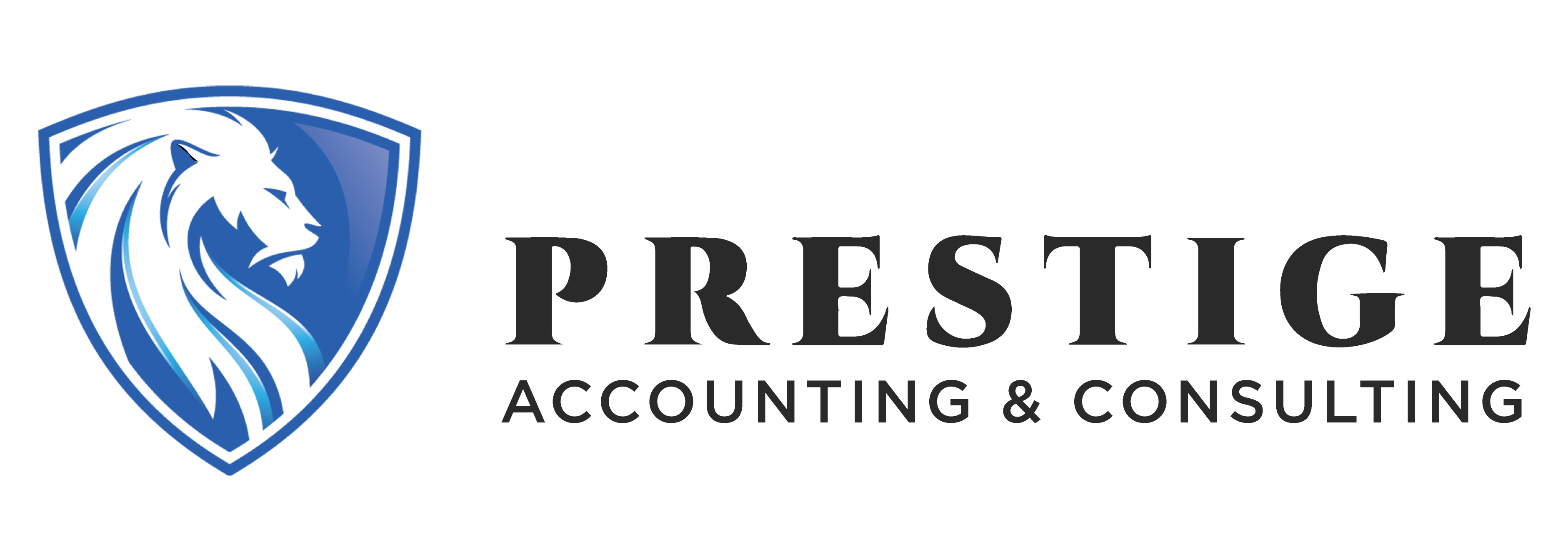
Guarding Gold and Data: Legal Finance Mastery and Cybersecurity Protocols
May 21, 2024
Crafting Persuasive Pitches: The Art of Sales Mastery
June 4, 2024
Categories
Tags
- AI and Legal Research
- AI in Legal Practice
- AI-Driven Legal Tools
- Client Relationship Management
- Client-Centric Legal Strategies
- Competitive Legal Market
- CRM Systems for Law Firms
- Document Review Automation
- Embracing Legal Innovation
- Enhancing Client Relationships
- Last Week for Tickets
- Law Firm Efficiency
- Law Firm Success
- Legal Industry Trends
- Legal Marketing Optimization
- Legal Practice Advancements
- Legal Technology
- Predictive Analytics in Law
- Raise the Bar Event
- Virtual Legal Assistants
Navigating Legal Frontiers: Crafting Client Connections and Embracing AI Advancements
As law firms strive to differentiate themselves in a competitive market, the ability to forge enduring connections with clients has never been more critical. In this comprehensive blog post, we guide you through the art of crafting client connections while embracing the advancements of Artificial Intelligence (AI) in the legal field. Join us as we explore the pivotal role of Client Relationship Management (CRM) systems in enhancing client bonds and delve into the transformative applications of AI-driven tools in legal practice.
Crafting Client Connections with CRM Systems
Client Relationship Management (CRM) systems serve as invaluable tools for law firms seeking to deepen their relationships with clients and prospects. From managing client communications to tracking interactions and preferences, CRM systems offer a centralized platform for nurturing client connections. Let’s delve into some key strategies for leveraging CRM systems to enhance client relationships:
- Centralized Client Data: CRM systems enable law firms to maintain comprehensive profiles of clients, including contact information, communication history, and engagement preferences. By centralizing client data, firms can gain a holistic view of client relationships and tailor their interactions accordingly.
- Personalized Communication: With CRM systems, law firms can segment clients based on various criteria, such as industry, legal needs, or engagement history. This segmentation allows firms to deliver personalized communications and targeted marketing campaigns, fostering stronger connections with clients.
- Workflow Automation: CRM systems streamline administrative tasks and workflow processes, allowing lawyers to focus more time and attention on client engagement. Automated workflows can facilitate timely follow-ups, appointment scheduling, and document management, ensuring that no client interaction falls through the cracks.
- Analytics and Reporting: Advanced CRM systems provide robust analytics and reporting capabilities, allowing firms to track key performance metrics and measure the effectiveness of client engagement efforts. By analyzing data trends and client behaviors, firms can refine their strategies and optimize their approach to client relationships.
Embracing AI Advancements in the Legal Industry
Artificial Intelligence (AI) is revolutionizing the practice of law, offering unprecedented opportunities to enhance efficiency, streamline processes, and deliver better outcomes for clients. From contract analysis to predictive analytics, AI-driven tools are transforming every aspect of legal practice. Let’s explore some of the groundbreaking applications of AI in the legal industry:
- Legal Research and Analysis: AI-powered legal research platforms leverage natural language processing and machine learning algorithms to analyze vast amounts of legal data and extract relevant insights. These platforms enable lawyers to conduct comprehensive legal research in a fraction of the time, allowing them to focus on higher-value tasks.
- Document Review and Due Diligence: AI-driven document review tools use advanced algorithms to automate the review process, flagging relevant documents and identifying key information more efficiently than traditional methods. This enables lawyers to streamline due diligence processes and reduce the time and resources required for document analysis.
- Predictive Analytics: AI algorithms can analyze historical case data and predict likely case outcomes, helping lawyers make more informed decisions and develop winning legal strategies. Predictive analytics tools empower lawyers to anticipate potential challenges, assess case risks, and advise clients with greater confidence.
- Virtual Assistants and Chatbots: AI-powered virtual assistants and chatbots provide instant support to clients, answering common legal questions, scheduling appointments, and providing basic legal advice. These tools enhance client satisfaction by providing timely and accessible assistance, while also freeing up lawyers’ time for more complex tasks.
- Marketing Optimization: AI technologies can analyze marketing data, such as website traffic, social media engagement, and customer behavior, to provide valuable insights and inform marketing strategies. By leveraging AI-driven analytics, law firms can identify target demographics, assess campaign performance, and tailor marketing messages for maximum impact.
Conclusion
In conclusion, navigating the legal frontiers of client connections and AI advancements requires a strategic approach and a commitment to embracing innovation. By leveraging CRM systems to cultivate meaningful client relationships and harnessing the power of AI-driven tools to enhance efficiency and effectiveness, law firms can position themselves for success in an increasingly competitive landscape. As the legal industry continues to evolve, firms that embrace technology and prioritize client-centric strategies will emerge as leaders in the field.
I know adopting new technologies and refining client engagement strategies can be daunting, but we’re here to help. Don’t miss out on the opportunity to enhance your practice and gain valuable insights at the upcoming Raise the Bar event. This is the last week to get your tickets, so secure yours now! Join us as we delve into topics that will empower your law firm and elevate your practice to new heights.





